When Libby Swenson was in her early twenties, she witnessed real injustice and oppression for the first time.
During a mission trip to a developing country, Libby worked in an orphanage with special needs children who were considered to be worthless and were basically cast off from society and left to starve to death.
“For the first time in my life,” Libby shares, “I was confronted with the brutal reality of the oppression of the poor and how systems of injustice literally take away the life and dignity of the marginalized and vulnerable. Several of the children I worked with died of starvation after I left because they weren’t deemed ‘necessary to society.’ This experience had a profound impact on my life, and from that point forward I committed myself to being a part of the solution to grave injustices around the world.”
Then, when Libby learned about the problem of modern-day slavery, her newfound awareness ignited a passion to make an impact in the fight to end human trafficking. Her journey eventually led her to join Love Justice International (LJI) in 2018 as a regional director of development.
It was during her first trip to South Asia with LJI that Libby met Asha* and her son Raman* through an LJI investigator and witnessed firsthand the devastation human trafficking inflicts on the lives of its victims.
Asha’s story
A little over 20 years ago, Asha was living in a big city in South Asia. She was married, pregnant with her son, and had her siblings and parents living nearby. Then one day, her husband suddenly decided to leave and flee to another city over 800 miles away, abandoning Asha and their unborn child.
An unsuccessful marriage is considered a great shame and stigma in their culture, and the fault is often placed solely on the wife. Asha’s family blamed her for her failed marriage and turned their back on her, leaving her desperate and vulnerable.
Not knowing what to do, Asha traveled alone to the far away city in an attempt to find her husband. “She went all the way [to] the city of like tens of millions of people, trying to find her husband, and she's pregnant. She has no connections, no relationships, nothing, no job, no source of income,” shares Libby.
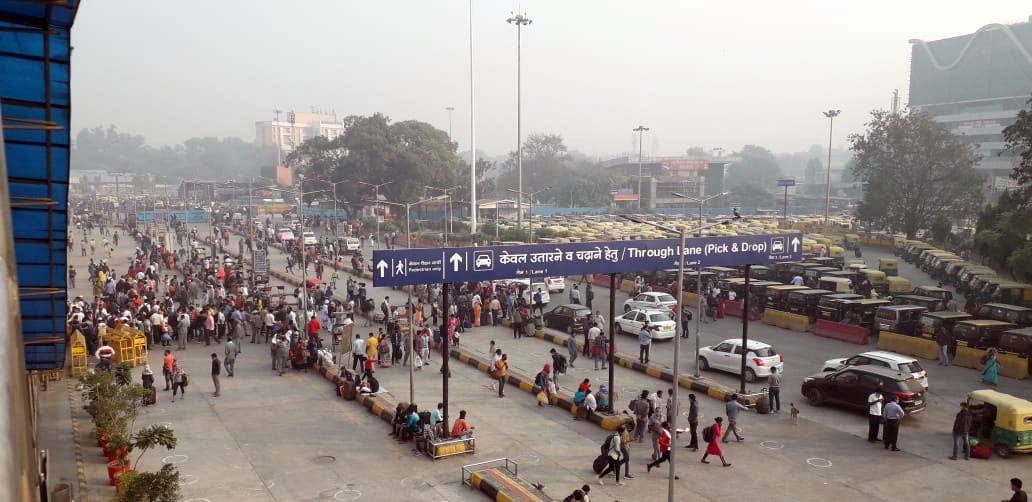
Abandoned and pregnant, Asha wound up at a train station in the city, eating scraps of food from the garbage and sleeping on a bench in the terminal. It wasn’t long before she became very ill. It was during this time that a family approached her and said they would pay for her medical expenses to help her get well. Having no other option, she accepted the money and bought the medicine she needed.
It was then that the unthinkable happened. After Asha had fully recovered from her illness, that same family returned and demanded that she repay them the money they had given to her. Scared and confused, Asha was taken by the family and sold to a brothel in the Red Light District, located less than 10 minutes away from the train station.
At the brothel, Asha was tortured and raped into submission, forced to sell her body into prostitution. It is here that she would give birth to her son Raman, and it is here that she would raise him.
It is now over 20 years later. Asha is 48 years old and is still forced to service at least five customers a day.
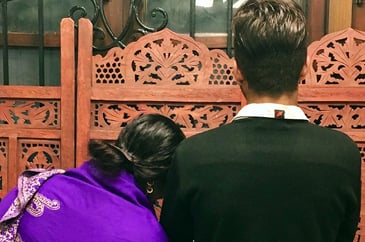
Raman is now 24 years old and continues to live in the brothel with his mother. It’s the only life he’s ever known, and because of the stigma that comes along with that, it is nearly impossible for him to find steady and legitimate work. “There’s a caste system, and Asha and her son are at the very bottom of it, basically viewed as garbage,” states Libby. (Asha and Raman are pictured from behind.)
“I absolutely hate our life,” says Raman. He did run away at one point and was gone for about a year. Asha had no idea where he went. When he finally returned, they both escaped the brothel and went back to her home city to try and reconcile with her family.
Asha shares, “They wouldn’t even open the door. My son and I slept on the ground outside for four days, hoping they would let us in and accept us back. And they would never open the door to us.”
A broken system
Libby shares, “For some of us, it can be difficult to understand the reality of life for people like Asha and Raman. In their country, their beliefs and culture are embedded in everything they do, and it’s important to convey this to people living in the Western world who ask questions like ‘Why can’t they just leave? Why can’t they just go back to their families? Why can’t they just get a different job? Why do they go back to the brothel if they were able to escape from it?’”
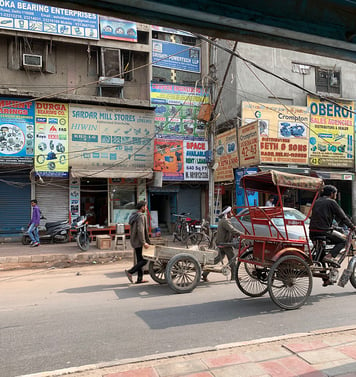 She continues, “I also learned that because these women are [in the Red Light District], even if they leave, even if somehow they are able to get out, nobody will hire them, nobody. It's like The Scarlet Letter. It's like Jean Valjean from Les Misérables stealing a loaf of bread, and then the whole rest of your life is just ruined. That's their reality. Asha couldn't get a different job if she tried.”
She continues, “I also learned that because these women are [in the Red Light District], even if they leave, even if somehow they are able to get out, nobody will hire them, nobody. It's like The Scarlet Letter. It's like Jean Valjean from Les Misérables stealing a loaf of bread, and then the whole rest of your life is just ruined. That's their reality. Asha couldn't get a different job if she tried.”
So, after those four days of sleeping outside their family’s home, Asha and Raman traveled back and returned to the brothel because it is literally the only place she can feed her son and herself. Since returning, Raman has been able to get some odd jobs, but they are few and far between, especially after the pandemic hit when lockdowns were enforced.
Reflecting on her conversation with Asha, Libby recalls one of the most heart-wrenching moments was when Asha asked the LJI investigator, “Why weren't you there for me 24 years ago? Where were you?”
Libby states, “I just think, what if the family that approached Asha and offered to help her in her greatest time of need had been people of goodwill versus these traffickers. I just can't even imagine how different their lives would be today.”
She continues, “Raman never would have seen his mother raped and tortured and other women raped and tortured, and she never would have been exploited like this. He could have gone to school. It was just so many things. And so that's why I’m so passionate about what we do at Love Justice—intervening in that moment before exploitation and abuse occur and before a life is forever lost to such a dark and violent existence. I mean, these women definitely don't want to be in a brothel!”
A walk down the Red Light District
After meeting with Asha and her son, Libby and two members of LJI’s investigations team walked down the road in the Red Light District. Libby states, “We passed brothel after brothel and saw young women standing at the top of long stairwells, waiting for customers. I mean, it's really overwhelming. It’s about one to two blocks on each side of the street; the buildings are about four stories tall and home to over 5,000 sex workers. There are girls looking through the bars of these tiny windows and yelling down at the people passing by.”
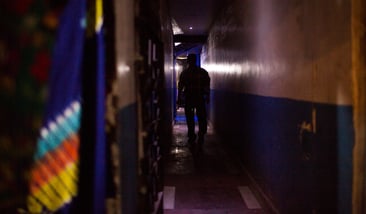 Libby and the two staff members were actually able to go into one of the brothels and speak with the madam who is basically the “key holder, money transactor, and guard” over these young women. Libby shares, “I learned that each girl has a small curtain with a bed and a timer. For each customer, she sets the timer for 15 minutes. So, she will service 3 to 4 clients per hour for 12 hours a day, from 6:00 p.m. to 6:00 a.m., 7 days a week. And when business starts, it's standing room only with men spilling out into the streets because it’s so crowded in the stairwells.”
Libby and the two staff members were actually able to go into one of the brothels and speak with the madam who is basically the “key holder, money transactor, and guard” over these young women. Libby shares, “I learned that each girl has a small curtain with a bed and a timer. For each customer, she sets the timer for 15 minutes. So, she will service 3 to 4 clients per hour for 12 hours a day, from 6:00 p.m. to 6:00 a.m., 7 days a week. And when business starts, it's standing room only with men spilling out into the streets because it’s so crowded in the stairwells.”
While there, Libby glanced into a room that had 10 to 15 young girls all huddled together on the floor. She states, “They were all very modestly dressed in the customary garb with their heads covered. They just had this blank, cognitive dissonance look in their eyes.”
Afterward, they walked to the end of the road to see where the police station was, and no one was there. The doors were locked, and everything was closed down. “These girls have no one to cry out to, no one who is coming to rescue them,” states Libby.
She continues, “As you can imagine, after we had spent time hearing Asha and Raman’s story, my heart was incredibly heavy, and I literally felt sick. And I again remembered her asking, ‘Why weren’t you there for me 24 years ago? Where were you?’ And she’s right. Where were the people of goodwill 24 years ago—people who would be willing to help her in her time of need?”
Loving the rejected
The following year, Libby traveled back to South Asia to again meet up with LJI’s investigations team and witness the anti-trafficking work being done in the field. While there, she was able to join a group of women from a local church who visit the Red Light District every Friday to minister to the females in the brothels.
Two of the women are physicians who work in the slums on the other days of the week. On Fridays, they either offer medical clinics to the women in the brothels, or they hold Bible studies and group worship services.
Libby states, “The reason they're able to go in like this is because they've been going for four years now, so they’ve built relationships and established trust with the madams and the pimps. So, I got to go with them on a Friday and be part of a Bible study they hold in one of the brothels.”
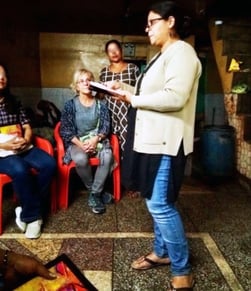
She continues by sharing, “It was very humbling to be with these dear women who are exploited anywhere from 30 to 50 times per day. One woman was taken at a train station when she was only 7 years old and sold to this brothel. … She now has a 7-year-old child. Even during the Bible study, multiple young men were going into the room across the hall for their ‘services’ and then leaving after just about 15 minutes.”
While Libby was at the brothel, she looked out one of the windows and noticed a building nearby. “One of the ladies from the church said to me, ‘That's where they keep the really young girls so that they can't leave.’ There's just so much depravity and darkness there; it’s hard to find the words to describe it. It's really heavy,” Libby states.
While she was there, Libby remembers thinking, “Somehow I feel that this is right where Jesus would be, loving those who are so rejected. I’m so grateful for our work—we intercept people as they are being trafficked but before they are exploited. We protect them from a life in a brothel."
Who’s going to be there?
Asha’s simple yet heart-wrenching question continues to resonate in Libby’s heart as she strives to convey to people the importance of the work being done to stop people from being trafficked. Listen as she shares her conviction for the work being done to change the story for people just like Asha:
“The question that I’ve had to ask myself so many times is if I was that person in that brothel, or if I was that person putting my trust in somebody who's going to take me some place where my life will forever be horrifically changed, what would I want someone to do for me?” shares Libby.
She continues by stating, “That's what we [LJI] are doing for people. I would hope that if somebody knew I was on my way to total destruction, I would want them to stop it for me. I would want them to help me. And so, I just feel like that's what we're living out—obviously not perfectly and obviously not in all the places we want to—but that really is what we're doing. We're stepping in for people before someone else steps in who only wants something from them and only wants to take advantage of them.”
Libby puts it perfectly when she says, “I tell people this all the time that the people we intercept have no idea what’s waiting for them on the other side when they are deceived by traffickers. But we do know what's on the other side, and we want to do everything we can to keep them from experiencing the horror of slavery.”
“Continue to remember those in prison as if you were together with them in prison, and those who are mistreated as if you yourselves were suffering.” Hebrews 13:3 NIV
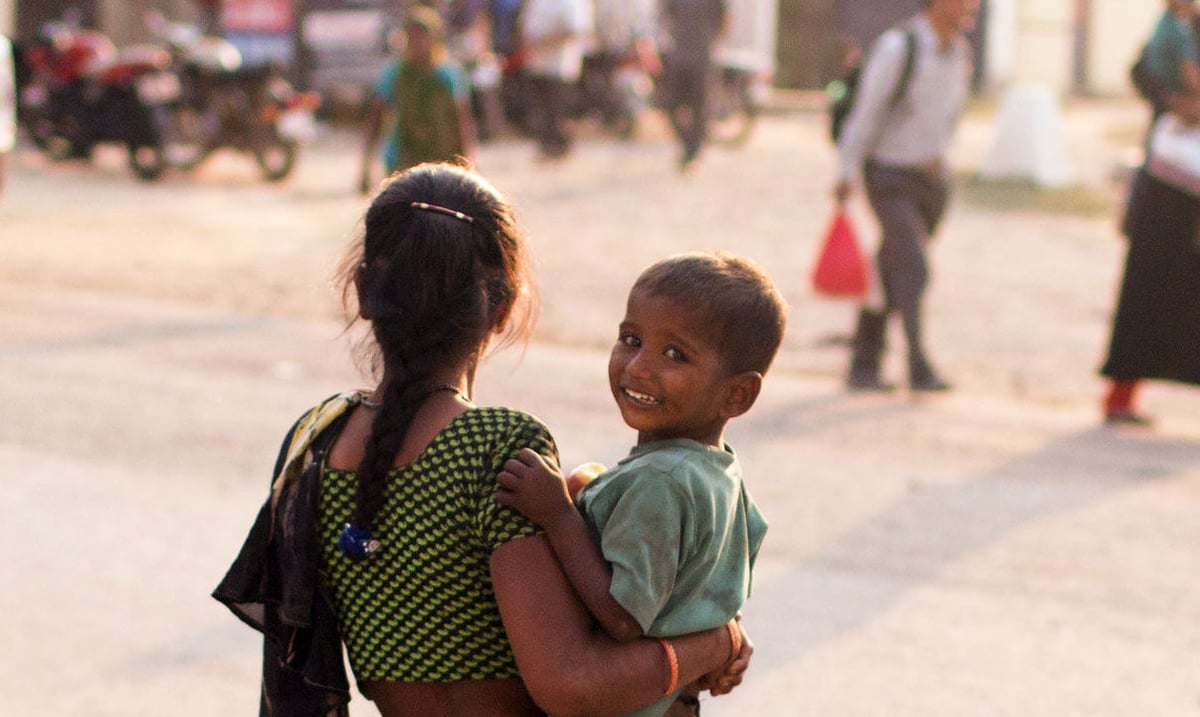
To learn more about how you can help us be there for someone in the process of being trafficked, click the link below. By joining forces with us, you can help us intervene in those critical moments to stop innocent people like Asha from being trafficked and change the story of their lives.
Originally published on September 13, 2022
*All content, data, and statistics current at the date and time of publishing. Some locations omitted and names changed for the security and privacy of those involved.
-1.png?width=500&height=500&name=LJI_MAINLOGO_WhiteBackground%20(1)-1.png)
/end_human_trafficking_mother_child_india.webp?width=1080&name=end_human_trafficking_mother_child_india.webp)

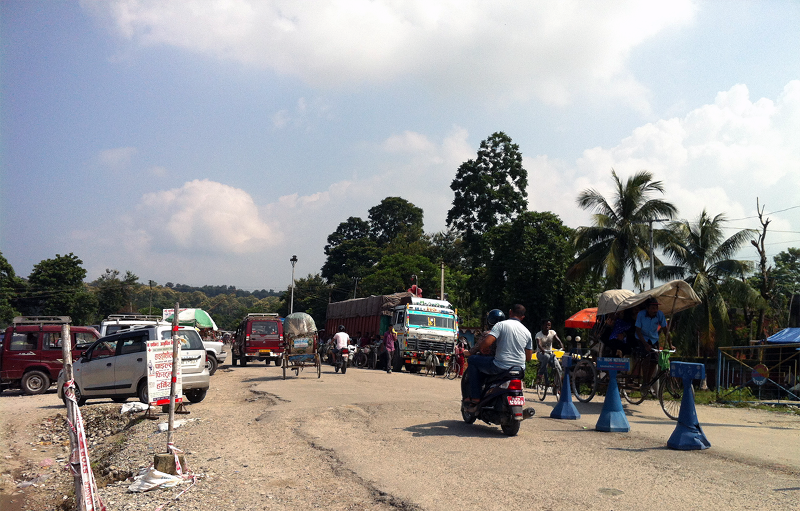
/bimala_feature_blog.webp)

/boy_girl_asia_streets.webp)


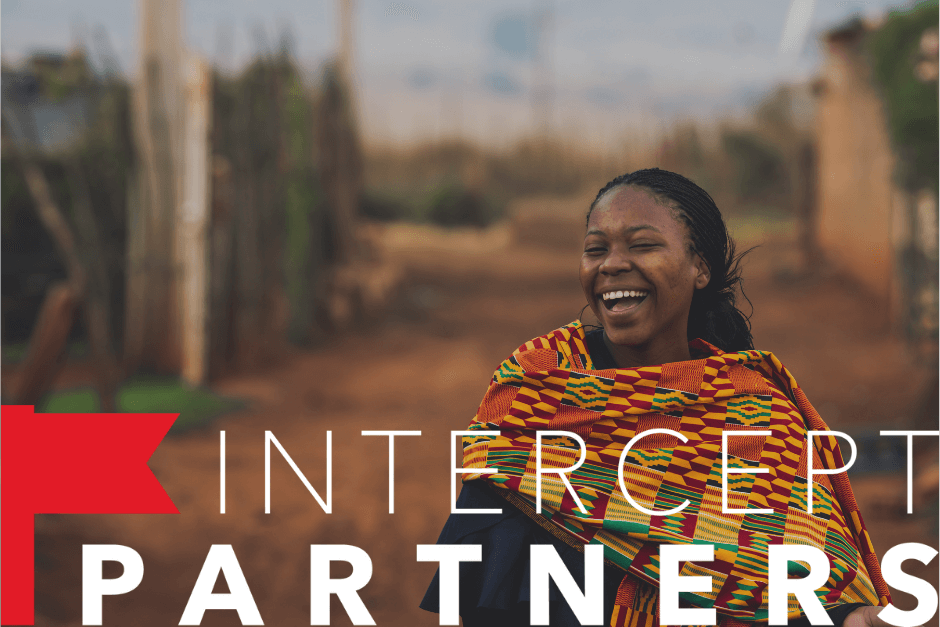

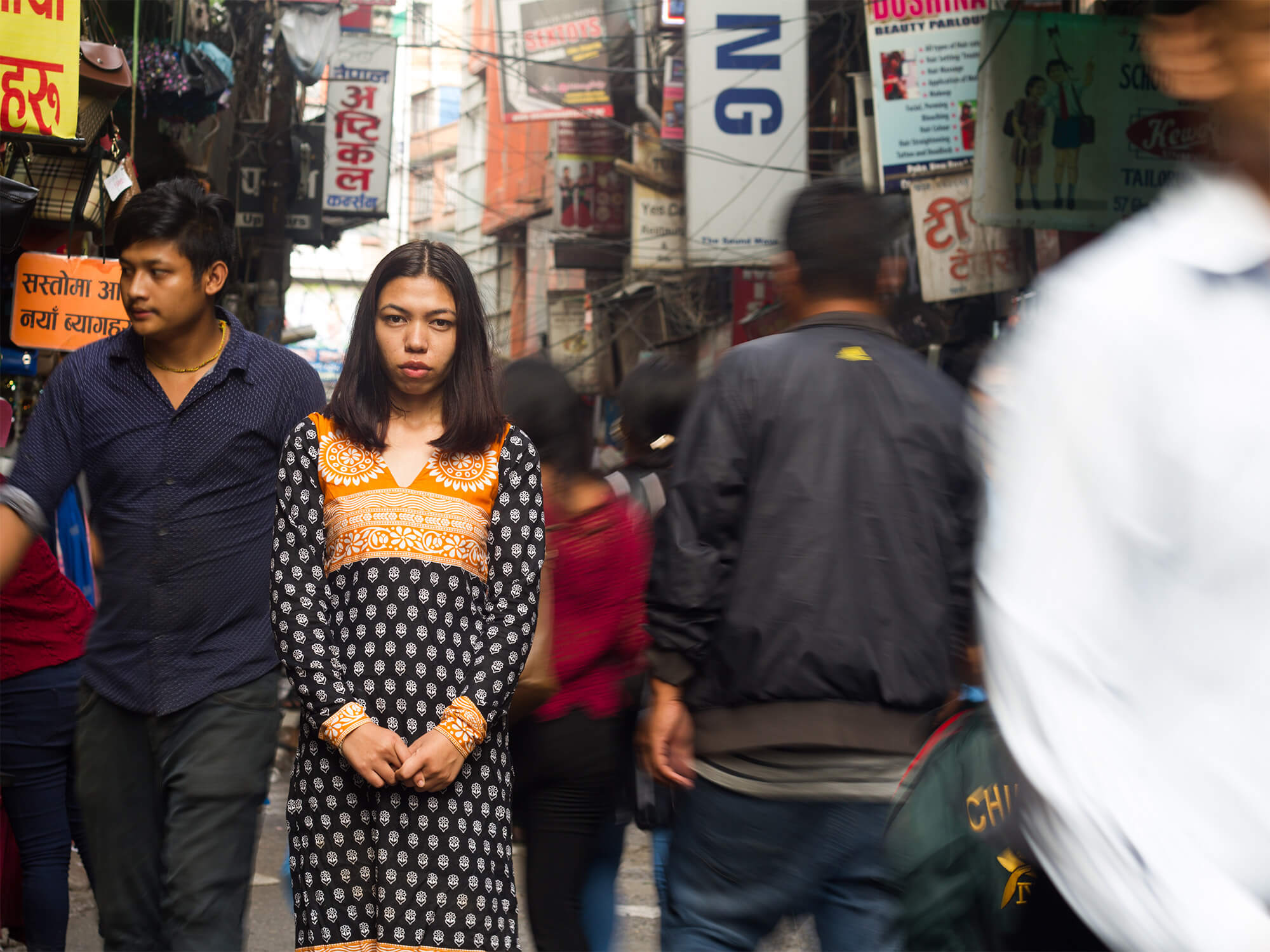


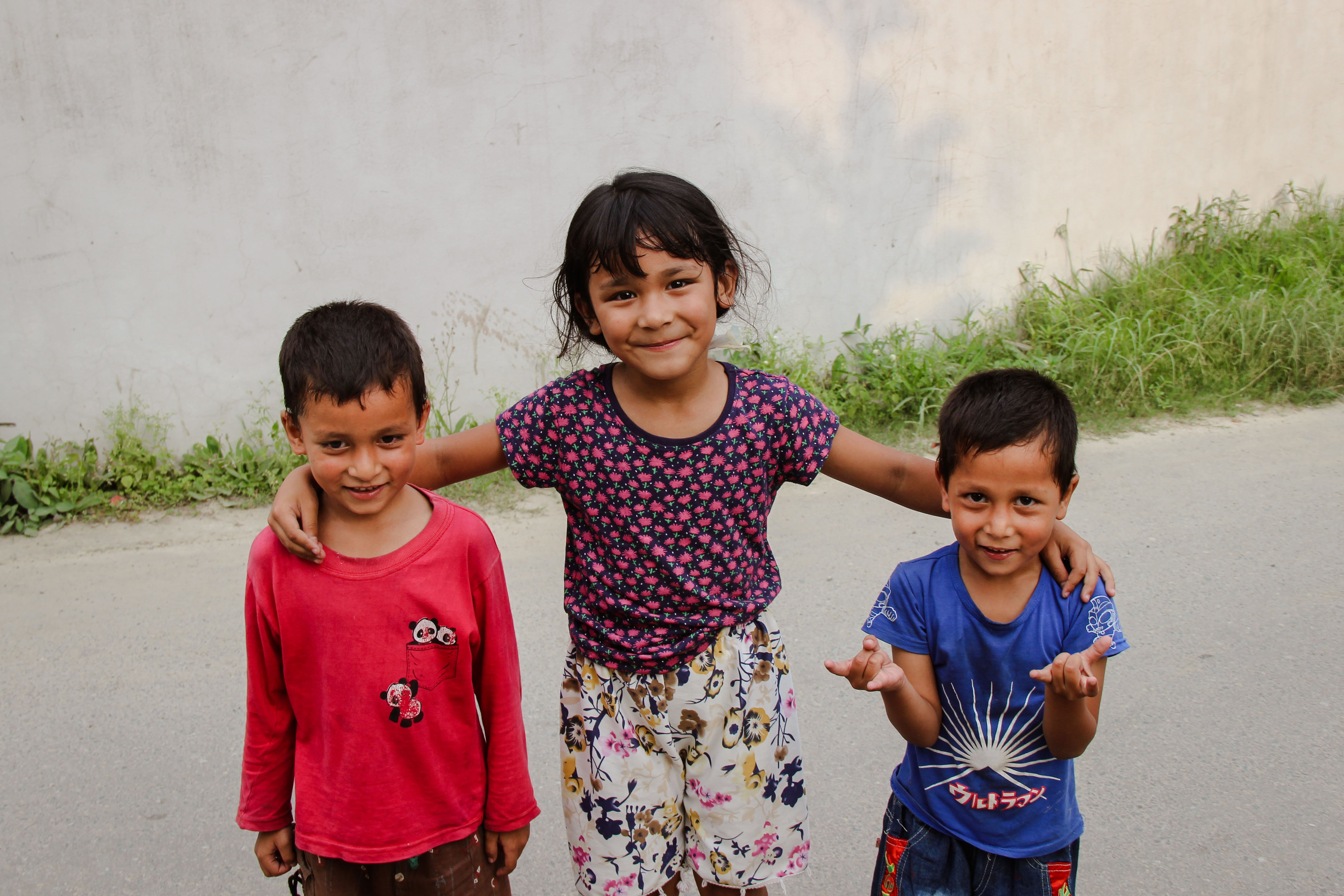

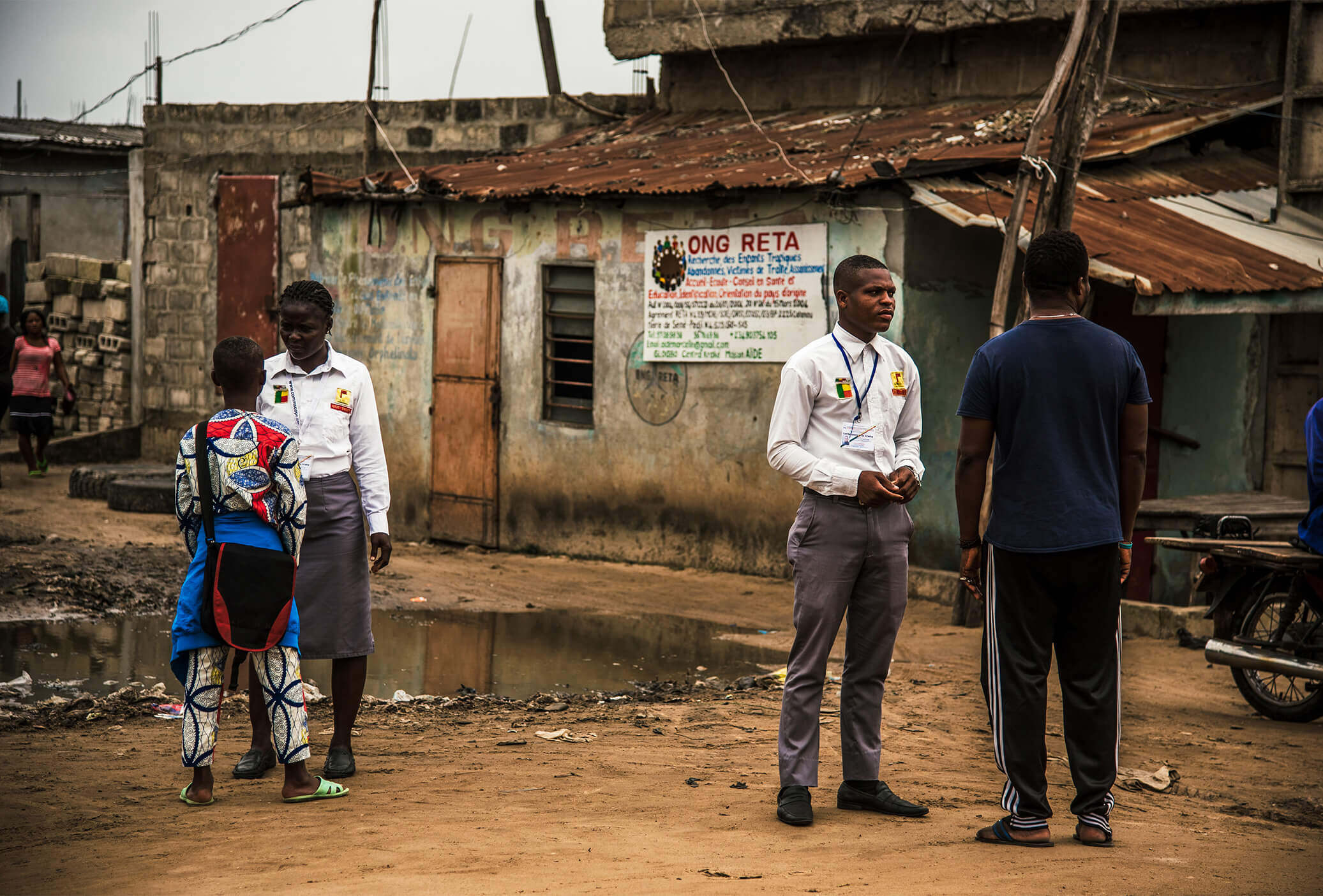
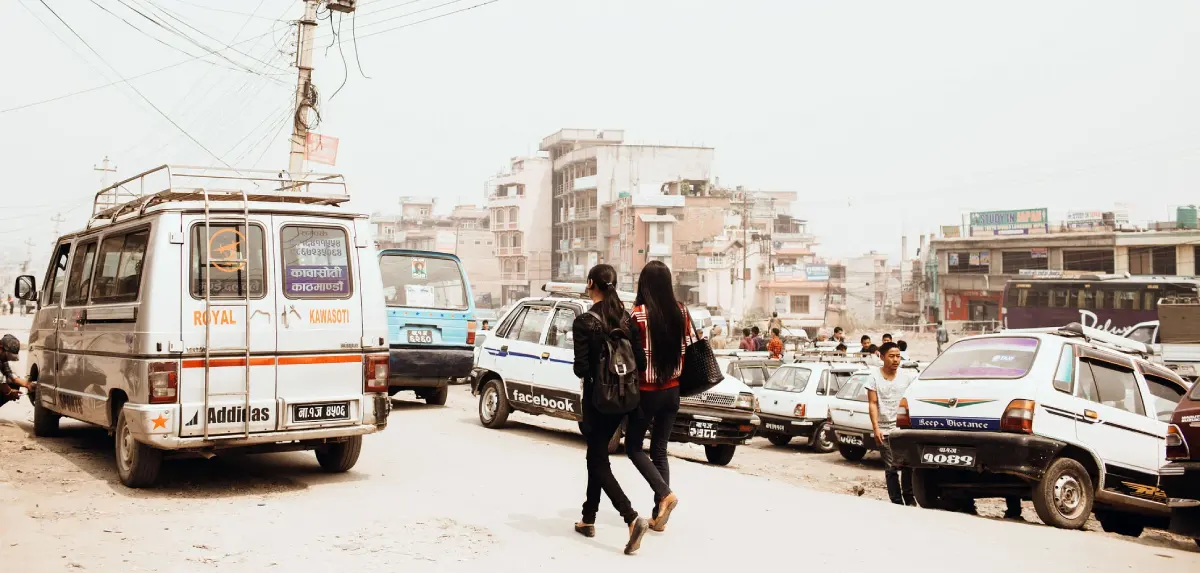
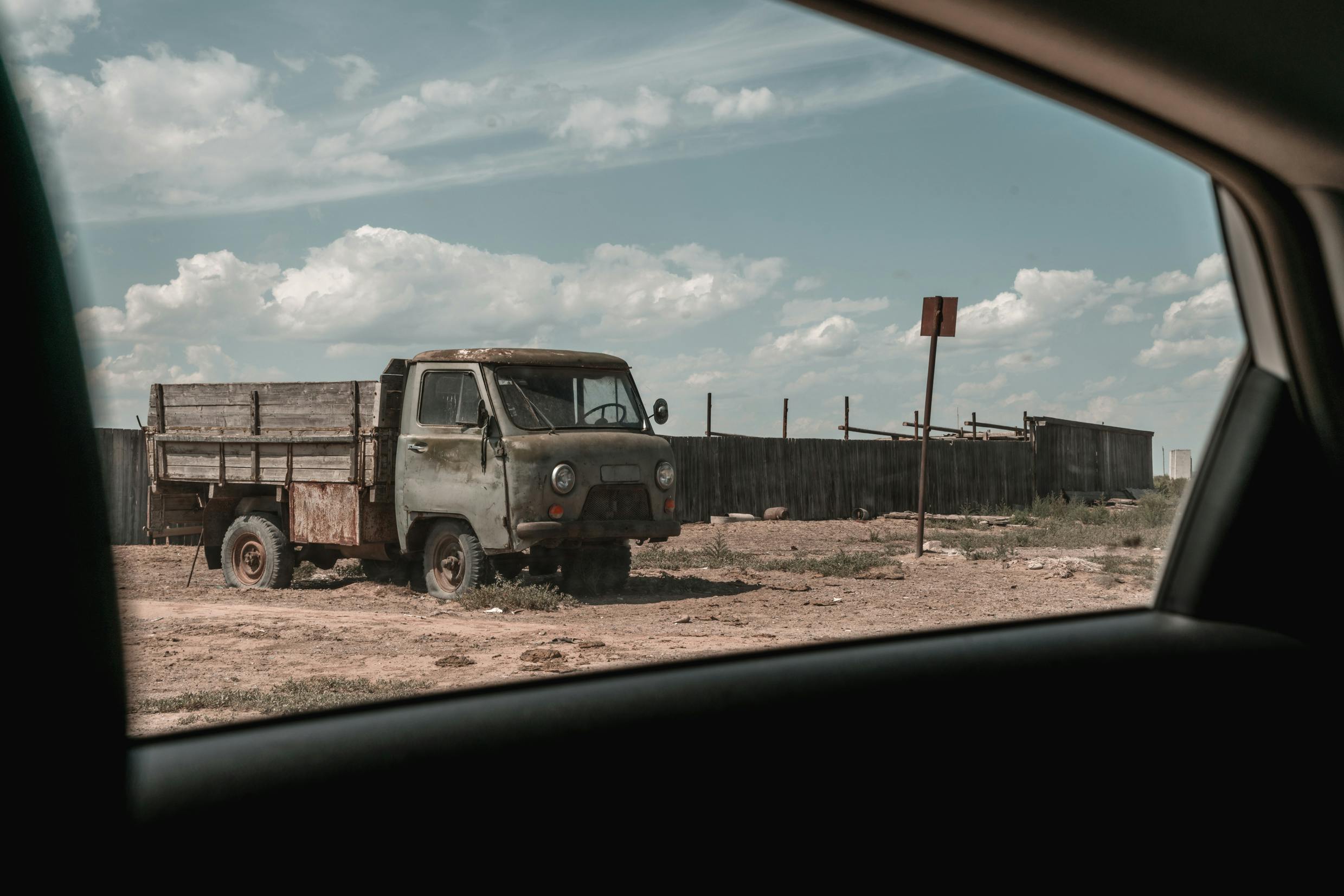
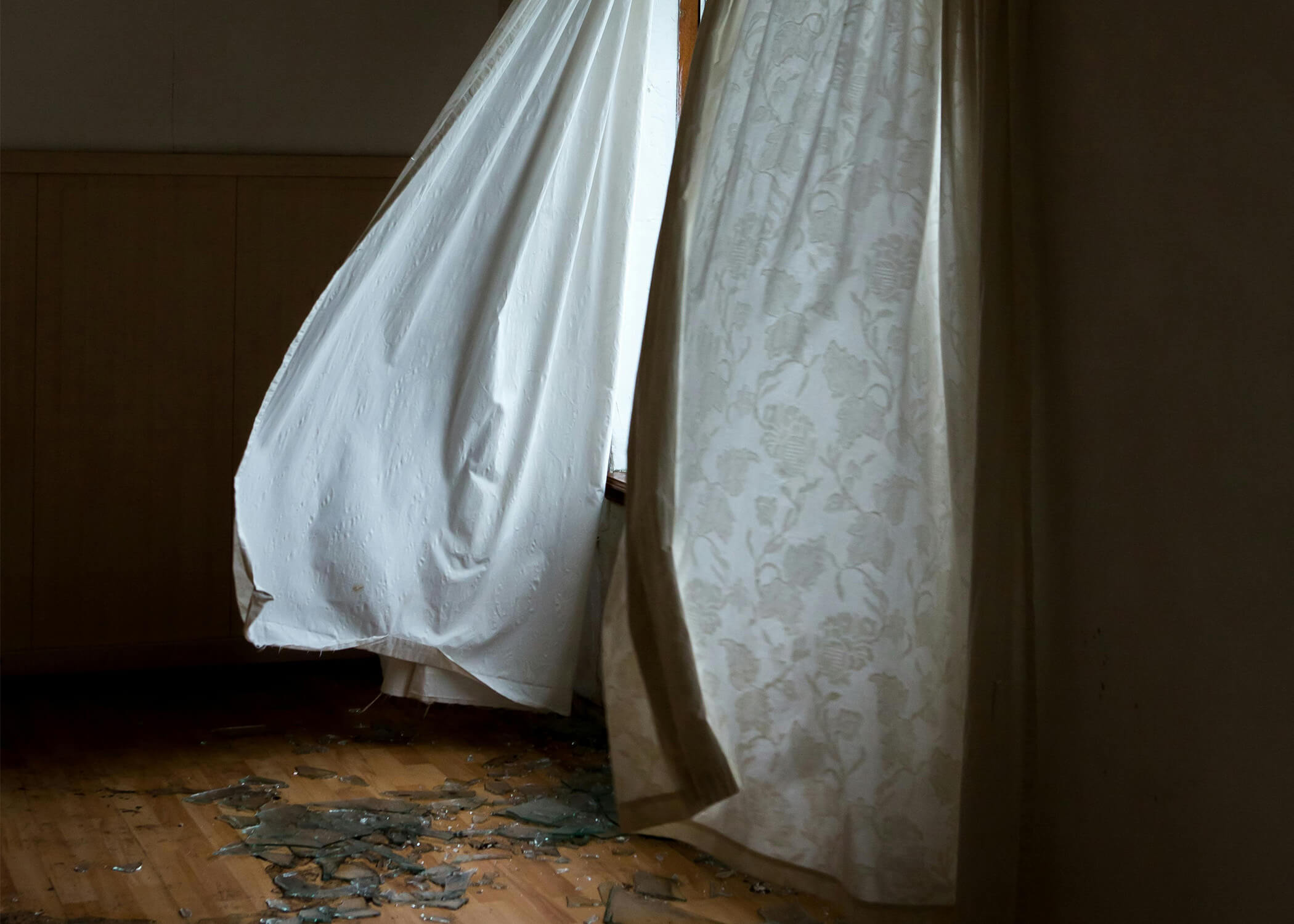
/woman_africa_village_shack.webp)
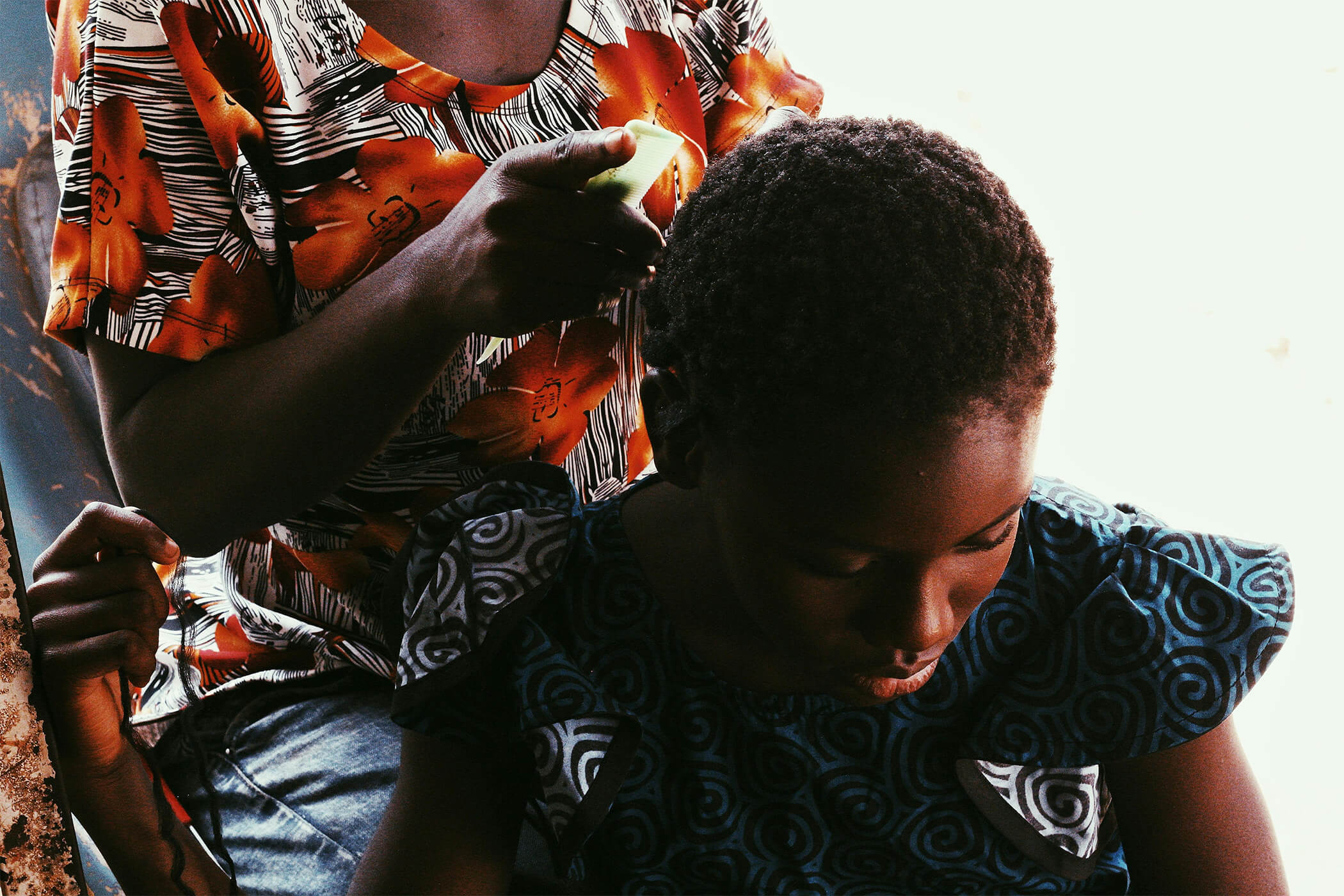
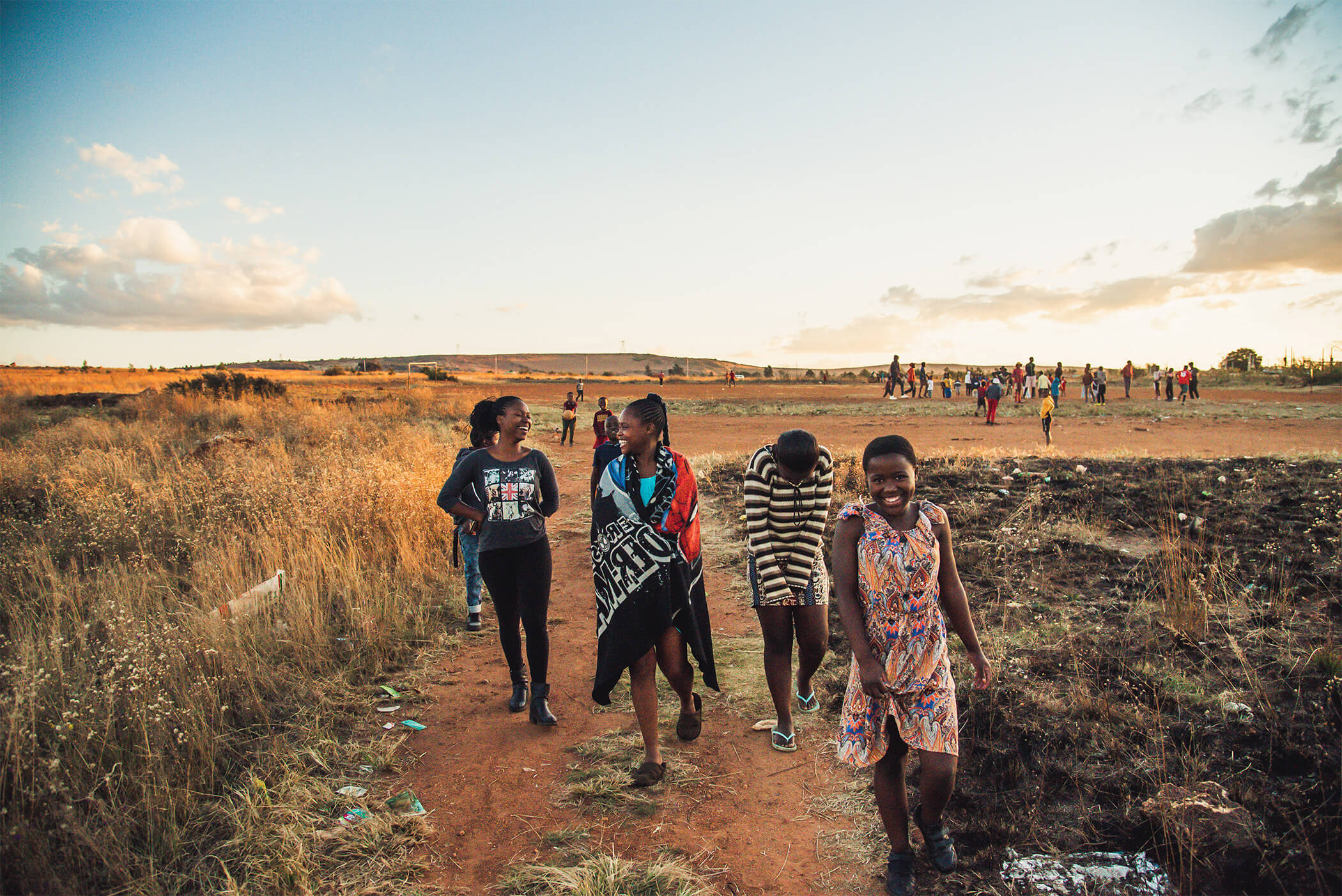
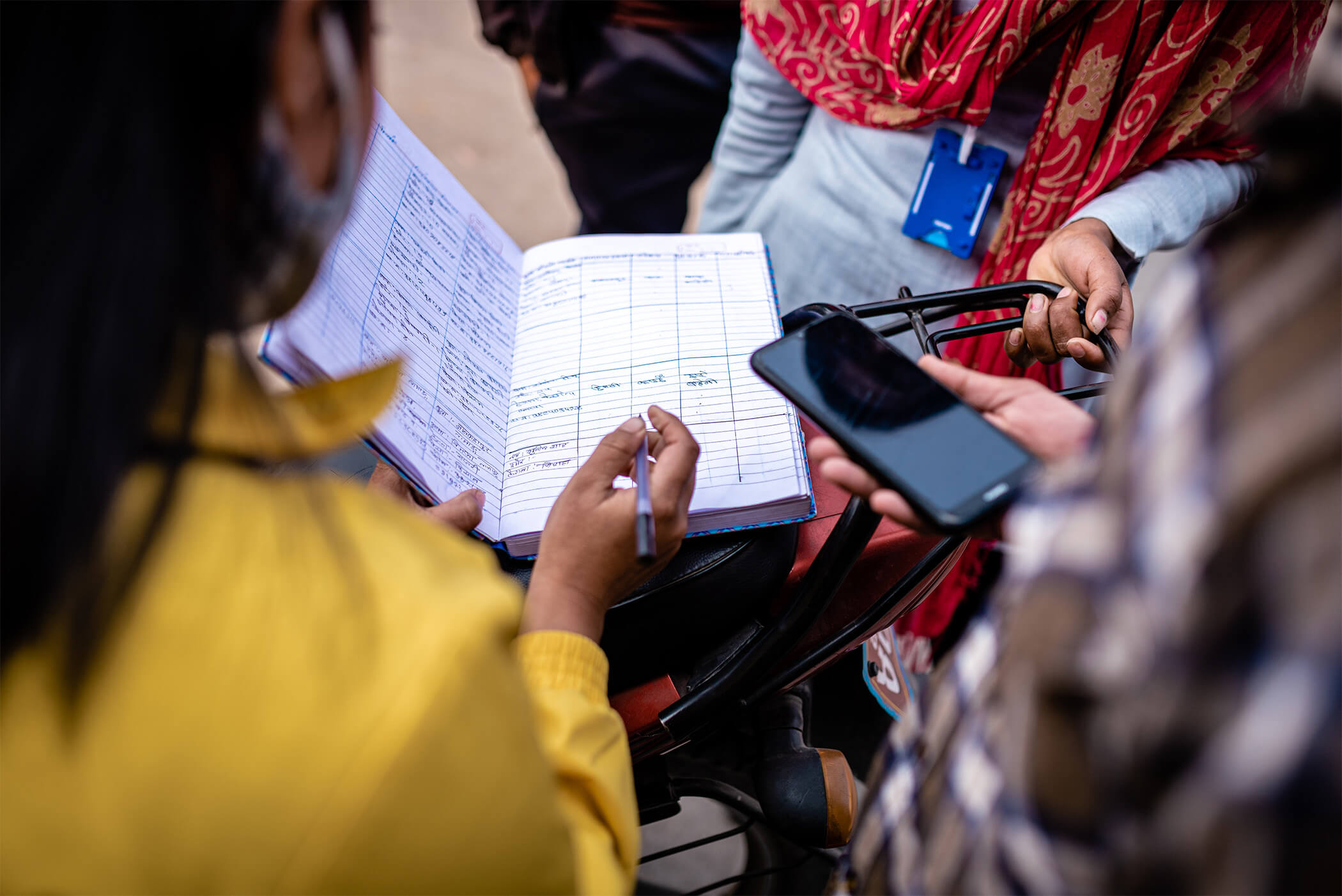





Post a comment